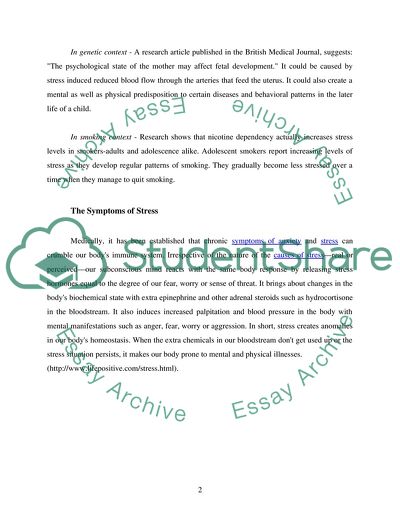Cite this document
(Key Characteristics of Stress Case Study Example | Topics and Well Written Essays - 2000 words - 1, n.d.)
Key Characteristics of Stress Case Study Example | Topics and Well Written Essays - 2000 words - 1. https://studentshare.org/health-sciences-medicine/1709692-case-study
Key Characteristics of Stress Case Study Example | Topics and Well Written Essays - 2000 words - 1. https://studentshare.org/health-sciences-medicine/1709692-case-study
(Key Characteristics of Stress Case Study Example | Topics and Well Written Essays - 2000 Words - 1)
Key Characteristics of Stress Case Study Example | Topics and Well Written Essays - 2000 Words - 1. https://studentshare.org/health-sciences-medicine/1709692-case-study.
Key Characteristics of Stress Case Study Example | Topics and Well Written Essays - 2000 Words - 1. https://studentshare.org/health-sciences-medicine/1709692-case-study.
“Key Characteristics of Stress Case Study Example | Topics and Well Written Essays - 2000 Words - 1”. https://studentshare.org/health-sciences-medicine/1709692-case-study.


